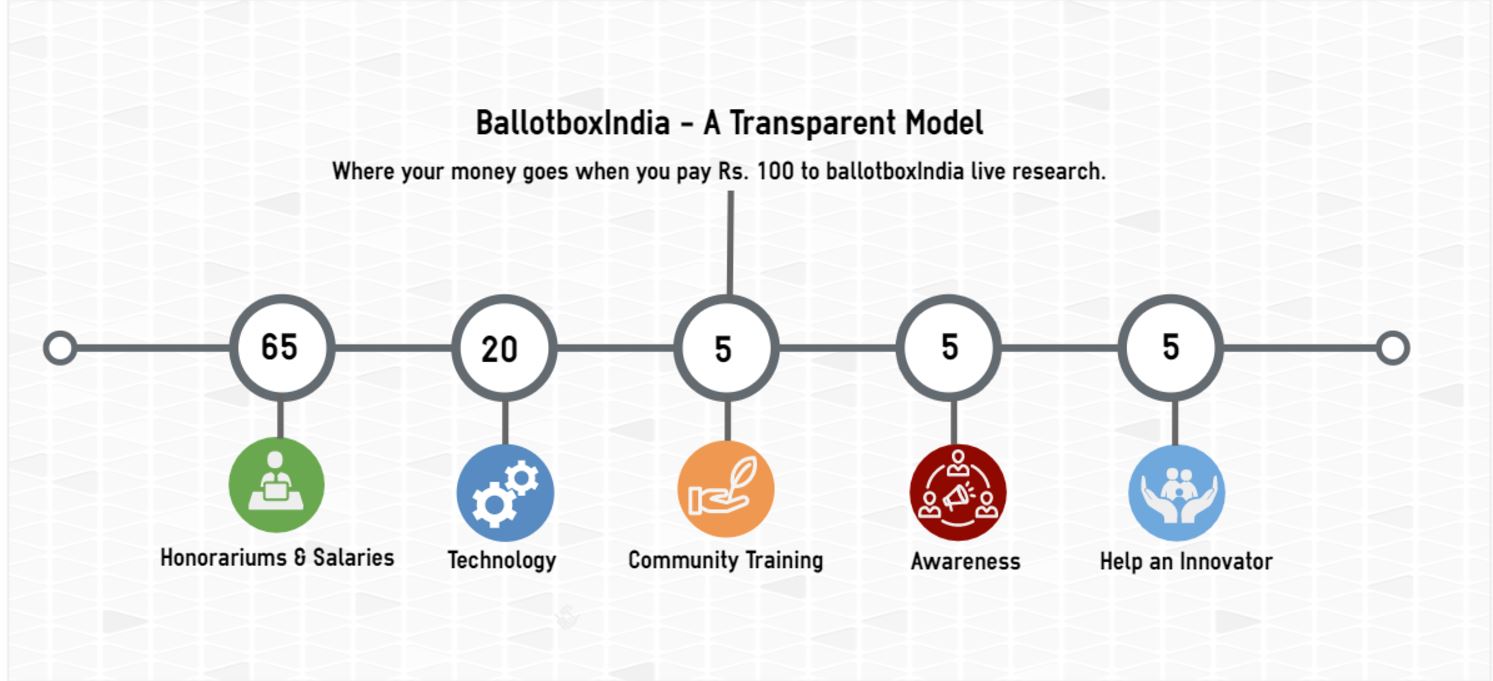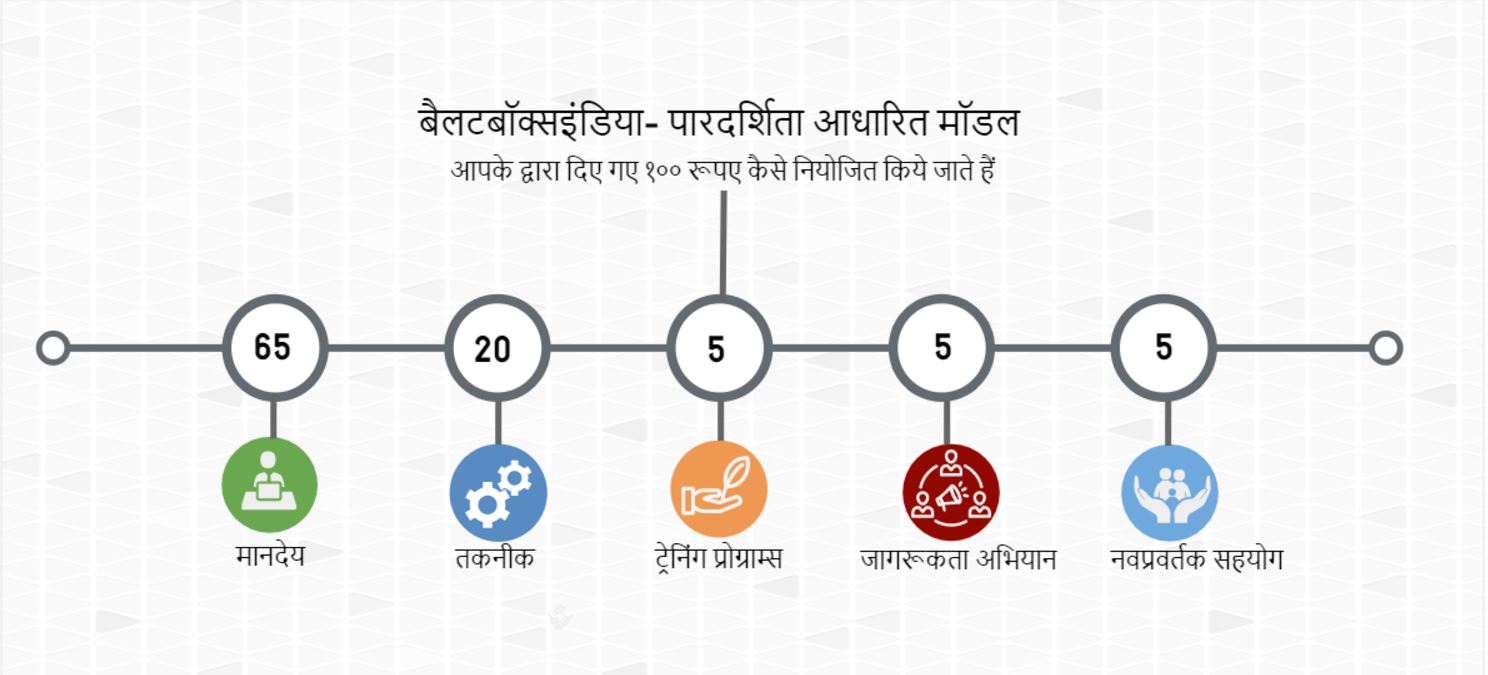Ever heard about Satish Shetty?or Amit Jethwa? Lalit
Mehta? Kameshwar Yadav? Niyamat
Ansari? Premnath Jha? Do these names seem important enough?
May be, you might have come across a few of
these on page 4 of newspapers. Most probably, you may not have heard about
them. These are the names of people who dedicated
their lives for the betterment of our nation. The people who gave up quality time with their children to look
for truth in the dirtiest by-lanes (pun intended) of Indian bureaucracy. People who asked the right questions, who tried to
eradicate bad elements of our country, help their fellow countrymen live better
lives.
And paid with their lives.
And yet, no politician is singing praise for
them. No Media acknowledged their contribution. No writer returned their awards
for these people. Worse, there's no one waiting for justice for their
memory, except their hapless families.
So what is the reason behind such sad state
of affairs?
Whenever we hear about government departments, at best our
reaction is of defeated apathy. Something looks fishy in the recent civic
contract allotment? How was the budget of the public works department (which
runs in crores) used - when virtually nothing was done on ground? Are
there huge inefficiencies in how government departments work? - We always ask
these questions to ourselves - but don't have the willpower or courage to raise
our voice and change things for good. Most of us find the task too unrewarding,
too hard, too superhuman to undertake. And yet, there's a breed of gallant men
and women who dedicate their lives for this very task.
The Solution: Right to Information Act
The Right to Information Act was passed on
12th October 2005 - It was a milestone decision which entitled every citizen of
India to information from Government agencies.
Naturally, with such a powerful tool in
hands, a path was opened for Indian citizens to question
the functioning of Government agencies, ask questions, and bring in
more transparency in the system. A housing scam was exposed in Maharashtra, a
village primary school was made functional in Uttar Pradesh, a Gujarat village
got its rightful quota of rations - all due to RTI. There came a
whole new breed of revolutionary Social reformers who started leveraging the
RTI to understand the (often corrupt) system, ask questions and correct the
system. These people were aptly called "RTI Activists".
The Problem: Broken state of Right to Information Act
But half- hearted measures, however noble their aim may be, are
dangerous. The RTI Act was, and still is, woefully inadequate. Even after more
than 10 years, the RTI system in India is shrouded in Inefficiencies, lack of accountability and wastage of resources. Yet, the worst part is - The rampant
targeting of RTI Activists by those who stand exposed. A simple Google
search would give you countless news of RTI Activists being targeted simply
because the information they exposed with their RTI applications was a death
knell for the corrupt. Almost every week
we hear news about killing, harassment or assaults on RTI Activists. As of
today, more than 45 RTI Activists have been killed (where their murders could
be linked back directly to their activism) Cases of harassment, assaults and
threats run into hundreds. And as is the case in our country - the actual
numbers (including unreported incidents) are presumed to be much higher.
Let’s think about this for a moment - People are being Killed because they are asking questions (mind you -
just pieces of information!) They are being killed because they make it their
responsibility to expose corruption and fight it.
Is this what we call freedom? As per United Nations Declaration
on Human Rights Defenders - Attacks on activists working for Social accountability
and justice is a Human Rights violation. Why is it not being treated
similarly in our country - A Democracy of which we are fiercely proud of?
What is the Government doing?
The Whistle Blowers Protection Act, 2011 was passed in May 2014
and gives a draft mechanism to protect anyone who exposes alleged
wrongdoing in government bodies, projects and offices. The act is,
however, hugely lacking in terms of its
definition, reach, and effective implementation. What's sad is that the
government is trying to introduce new amendments to the bill which will make
conditions for RTI very stringent - severely diminishing the effectiveness
of RTI. In fact, people will get discouraged from asking for information lest
they are targeted back on the false pretense of things
such as national security/official secrets act.
Recently, National Crime Records Bureau (NCRB) changed the crime
information template it gets from Police stations across the country to include
separate columns on "attack on media persons, attack on
whistleblowers and attack on RTI/social activists." This seems to be a
welcome move, as accurate data is needed to make effective policy decision
changes.
However, the template seems to be inadequate - as it doesn't
clearly segments the Murders of RTI Activists, and doesn't clearly defines the
guidelines to the Officer in charge on how to identify, treat and record
information related to RTI Activist cases. In short – A more comprehensive
approach is needed to capture accurate data about crimes against RTI Activists.
What is shocking is how the tenets around Whistleblower Act and
NCRB Template were formulated without proper consultations from the relevant parties
(namely- Various (RTI) Activists/ groups or bodies). You cannot just diagnose the
disease without meeting the patient!! No wonder there are numerous voices of
dissent!
So what is to be done?
To make the RTI system of India full proof so that Information
could be asked for without any fear, Information could be provided swiftly (and
in a transparent manner), and Information could be used (without fear) by social activists to
drive social changes- We believe
every party has a part to play:
Government Agencies:
1)
Strengthen the
RTI system of India (both at center & State levels) so that there's a free
and effective flow of Information.
2)
Amend the
Whistleblower Protection Act, 2011 to a) Give
more power to the people to seek information, b) Clearly define how cases of Activists need to be handled by the
Police, so that timely and adequate protection could be provided to potential
victims c) Effectively
implement it and do regular checks to gauge its usefulness.
AND most importantly, hold regular consultations with the Social
Activists and relevant civil societies to understand their issues and address
these issues by timely amendments in the Act.
3)
Define the attacks
on Social Activists as Human rights violation - Something that an esteemed
body like United Nations has already done.
4) Share all information regarding the attacks on Activists on NCRB website.
RTI Activists:
RTI Activist Vijay Kumbhar in the book "Defend the
Defenders" (Edited by Harsh Dobhal) argues that the RTI Activists are
Vulnerable because they tend to work alone. "The information with an
activist is like a time bomb which is waiting to explode at anytime. Hence
activists must share their information with each other or give it to the media
so that the pressure comes down."
For people who work for the free flow of information and Social accountability in
front of general public, it is indeed a glaring shortcoming to not network with
other Activists and share information. We think the Activists too, have
their tasks cut out:
1)
Build a network of like-minded people - It will develop a sense of community and enable healthy
flow of ideas and information. Use the power of internet to connect with people
from different geographies, different communities. Share ideas and experiences.
2)
Keep a clear and
timely record of your activities, Share comprehensive Information of the
work you are doing with the larger community of Activists, and even general
public (if possible) this will ease off the pressure of "holding
Information" from you.
3) Formulate a comprehensive action item list which should
then be tabled in front of the Policymakers so that relevant laws are amended
accordingly - Enabling a transparent and secure system of RTI usage to drive
social change in India.
The people of India - How can YOU help?
We, as citizens of India need to help the Activists in whatever
way we can. After all, they are fighting for our (and our children's)
bright future. Can't we pitch in with whatever expertise we have? A
seemingly small help may go a long way in boosting their morale. Let's tell
them they are not alone:
1)
Be in touch with the
RTI activists - Follow them on social media, see their struggles and
experiences in the line of their work.
2)
Help them with
their work - Analyze data for them, help them with inputs. Give a word of
advice, and assist them as required.
3) Most importantly - Share their work with the larger community. Help them get connected with people who can pitch
in. Give them the Limelight that they
deserve.
We are at very interesting turn of events where our very right
of freedom is endangered by corruption and half- baked policies. What would
prevail - freedom or Anarchy?
Lets not be mute speculators - Let's join hands and help our own cause thru the power of
shared knowledge and collective efforts.
With this Action Group we are aiming to get RTI and Social change makers to come together on a platform, share knowledge and most importantly watch each other's backs.
Keep an eye on this space for more.
Thanks
BallotBoxIndia Team.
 tag on profile.
tag on profile.




